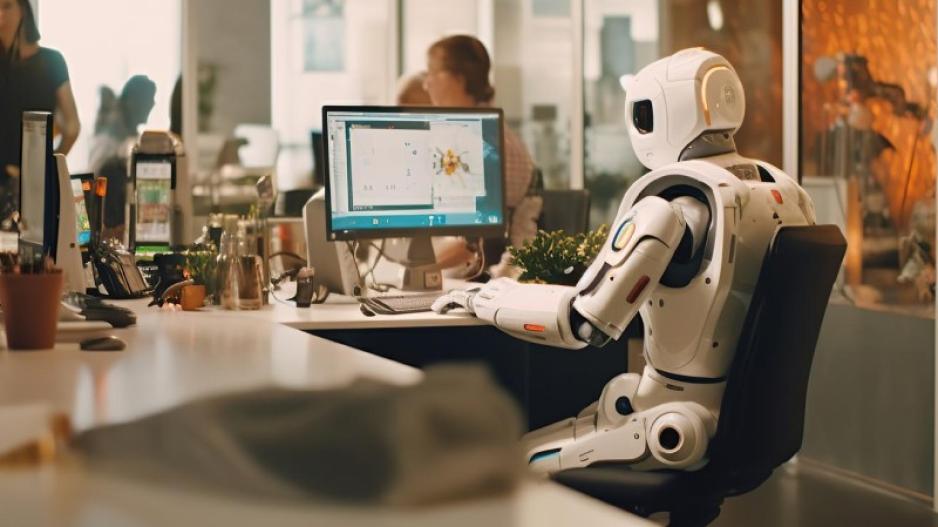Virtual Employees and the Future of Work: AI Integration Begins in 2025
OpenAI's CEO Predicts Transformative Changes in Workforce Dynamics with Advancements in Artificial Intelligence
According to Sam Altman, CEO of OpenAI, virtual employees powered by AI could begin entering the workforce as early as this year, transforming company operations and productivity. Altman’s forecast is driven by ongoing developments in AI technologies, which are yielding significant returns on investments.

OpenAI, in partnership with Microsoft, is leading the charge in developing autonomous AI tools. Microsoft, which holds a 49% stake in OpenAI after investing billions of dollars, has already introduced AI-based tools like Copilot Studio. Meanwhile, competitors such as Anthropic have launched their own advanced AI models, such as Claude 3.5 Sonnet AI, capable of performing diverse computer tasks.
OpenAI is expected to release a program called Operator this month, marking another significant step in integrating AI into everyday business functions.
Altman stated in a recent blog post that OpenAI is confident in its ability to create Artificial General Intelligence (AGI)—a theoretical form of AI surpassing human intelligence. "We are now confident that we know how to build AGI as traditionally understood," Altman noted, emphasizing OpenAI’s focus on achieving superintelligence.
Superintelligent systems, according to Altman, could massively accelerate scientific discoveries, drive innovation, and enhance global prosperity. "With superintelligence, we can do anything else," he added, underscoring OpenAI's long-term ambitions.
McKinsey & Company is among the organizations leveraging AI for practical applications, such as scheduling repetitive meetings and processing client queries. The consulting firm predicts that by 2030, 30% of work hours across the U.S. economy could be automated, reshaping industries and workforce structures.
As AI tools like OpenAI's Operator and Microsoft’s Copilot Studio evolve, businesses are poised to experience a transformative shift. These advancements are expected to improve productivity, streamline operations, and redefine traditional workforce roles, setting the stage for a future heavily influenced by AI.






